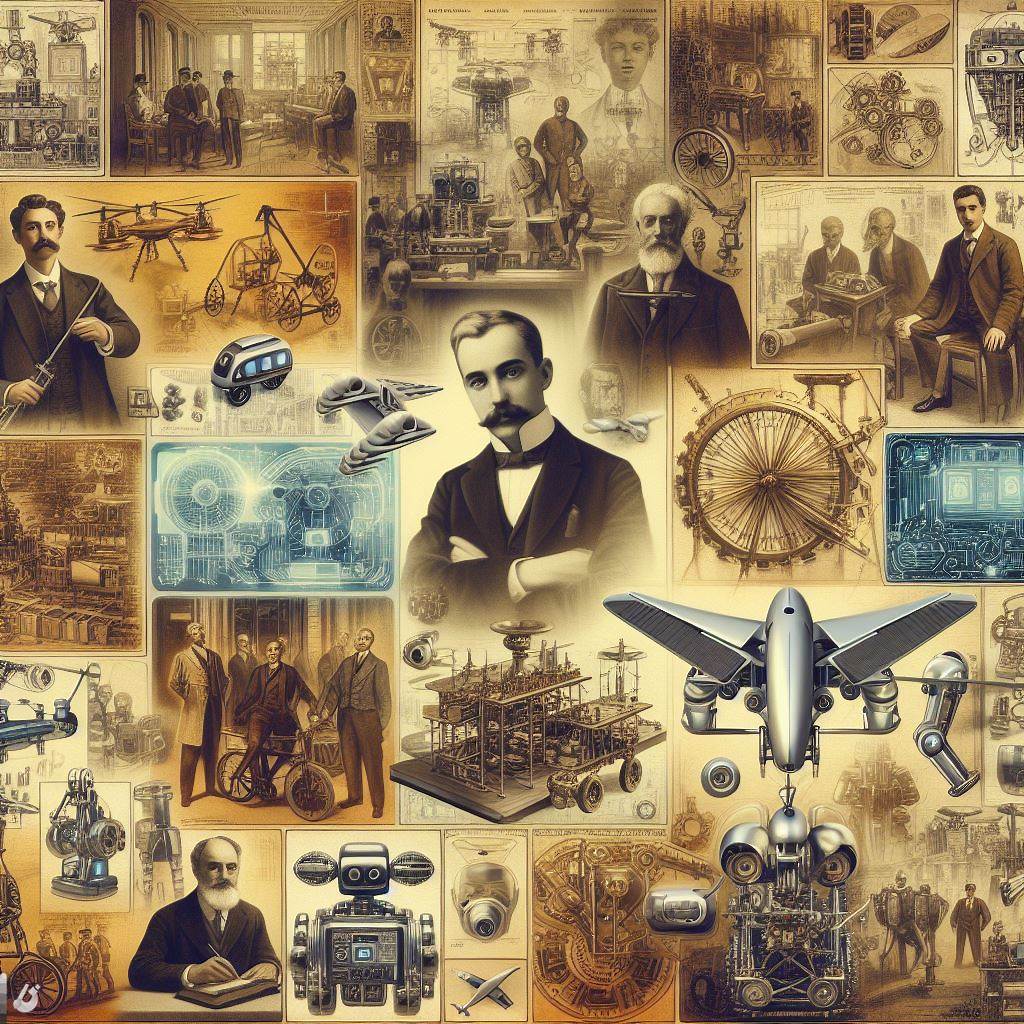
In an era dominated by the widespread use of generative AI tools like ChatGPT, the landscape of innovation and invention is evolving, challenging traditional notions of intellectual property (IP). As the Commonwealth Scientific and Industrial Research Organisation (CSIRO) emphasizes, IP has become a cornerstone of organizations focused on groundbreaking ideas. The crucial question arises: how does this technological shift affect inventors and the protection of their intellectual creations?
Recent discussions have surfaced diverse opinions on the implications of generative AI, spanning its influence on work, business practices, and daily life. Amidst the polarized perspectives, it becomes essential to objectively analyze the role of IP laws in safeguarding against the impact of these tools.
One focal point of concern emerges when considering the creative process. Traditionally, copyright laws hinge on the notion of "individual intellectual effort" to identify the author of a work. However, the advent of AI introduces a new dimension. Advocates argue that human creation is a culmination of lifetime experiences, paralleling AI tools that generate output based on extensive training data. This prompts contemplation about a future where AI surpasses human capabilities in specific domains.
The intersection of humans and AI in the realm of Intellectual Property law introduces complexities. While many jurisdictions designate "real humans" as the sole creators for IP purposes, ambiguity arises when AI tools contribute to the creative process. Notably, the use of text prompts in the current generation of generative AI tools raises questions about the attribution of authorship or inventorship.
This uncertainty extends to the patent system, where the requirement of an "inventive" and "not-obvious" invention becomes pivotal. With generative AI potentially rendering solutions routine, patenting faces challenges in distinguishing truly inventive creations. As AI tools continue to advance, a crucial question arises: what happens when an AI tool possesses knowledge equivalent to or surpassing that of a human?
The ongoing evolution of technology necessitates a proactive approach from lawmakers, as significant changes in IP law may become imperative. However, no substantial legal amendments have accompanied the current wave of AI development. Hence, innovators and inventors must anticipate and adapt to potential changes.
To navigate IP issues when utilizing generative AI, individuals are advised to meticulously document interactions with these tools. Recording prompts, timestamps, and tool versions can serve as crucial evidence of the intellectual effort invested. Additionally, creators of AI tools should ensure proper rights to the training datasets, anticipating potential disclosure requirements in various jurisdictions. Lastly, users must be mindful of the licensing agreements accompanying AI tools, understanding their impact on rights in the generated works.
In the face of uncertainty, creators can continue their pursuits responsibly by understanding and implementing these measures. As the intersection of technology and intellectual property evolves, staying ahead of potential changes becomes paramount for those engaged in innovation and invention.